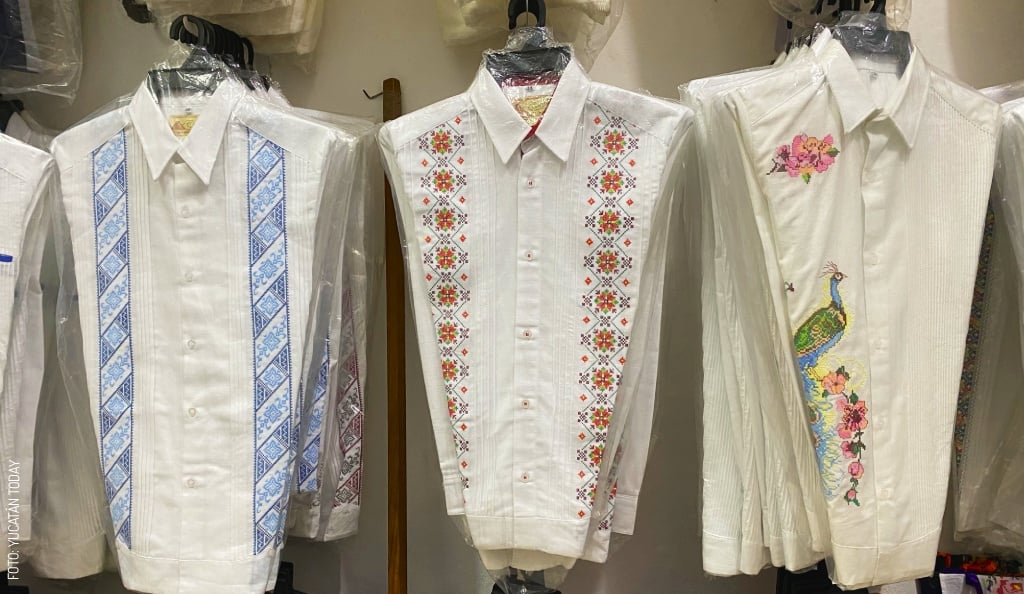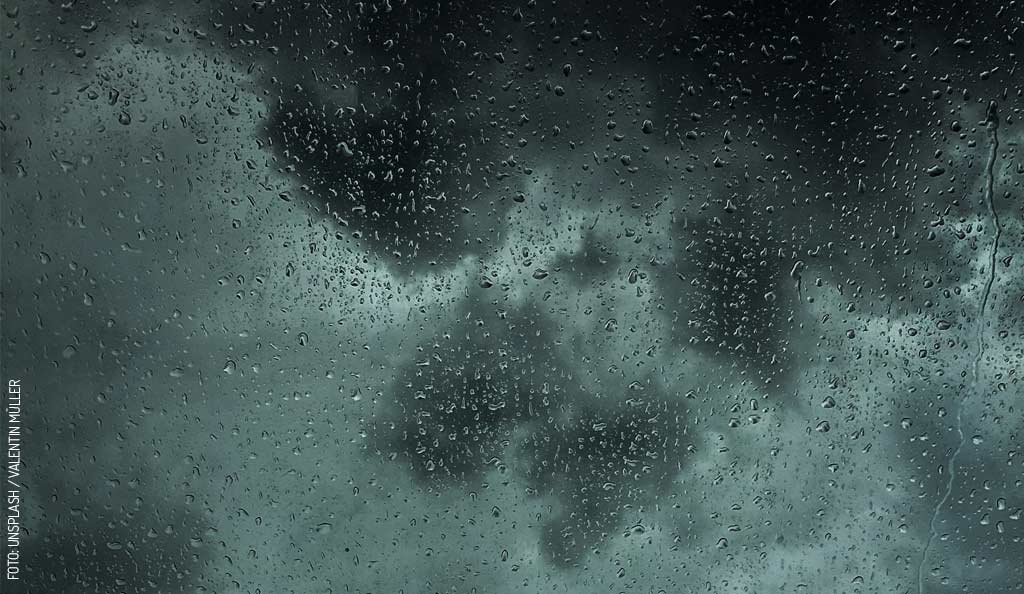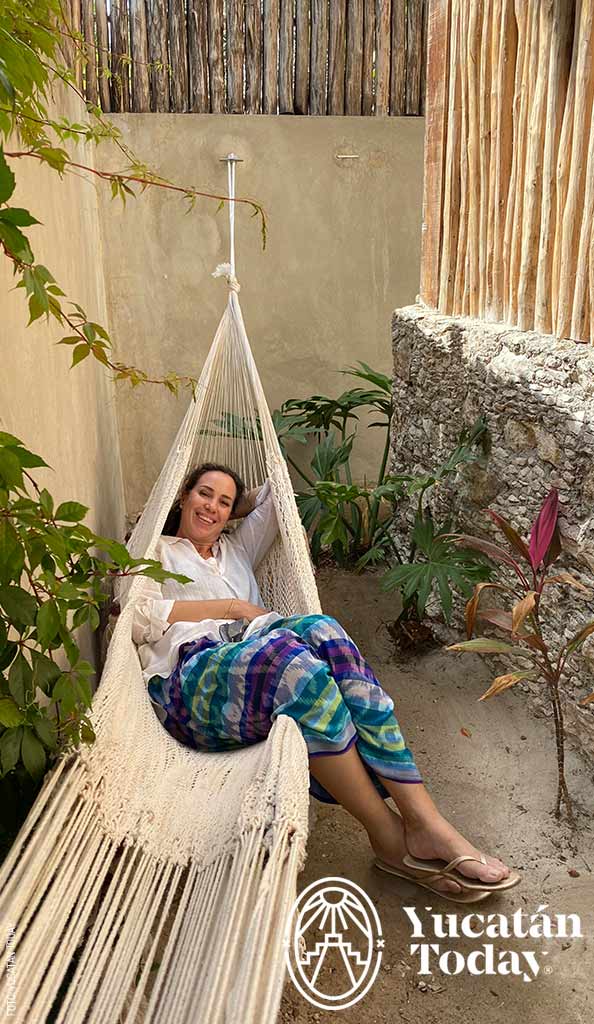In Yucatán, and in general in México, there are rituals that help us obtain favors from the gods, protect ourselves from dangers, and maintain age-old customs related to sleeping, speaking, and even eating certain foods.
These rituals are part of Yucatecan life and have been passed down from generation to generation, even new residents have adopted them. Allow us to give you a tour.
Having Cochinita or suckling pig for breakfast on Sunday
Let's start with some food rituals. Every Yucateco has had Cochinita (Pibil) or Lechón al Horno for breakfast, in tacos or Francés (“French” bread loaf) sandwiches. Of course, this happens at street stands or at the nearest market. Although this custom is not limited to Sunday, that’s when it’s most common to see stalls at every corner, “decorated” with the roasting pan where these Yucatecan delicacies have been made, as well as long lines to buy either tacos, tortas, or weighed amounts for larger families. If there’s anything everyone can agree on, is that they know where the best Cochinita is served, and it’s usually very near their house. Recommendation: Visit the nearest market to experience this Yucatecan tradition.
Sharing a platter of Chicharra
Another food tradition involves something that can be had as a snack or main dish, depending on how it is prepared: Chicharra , which is pork fried in its own fat. Served with local avocado and tortillas or cut into pieces with rinds, pieces of Puyul (deliciously crunchy fat), and a side made with sour orange, habanero pepper, tomato, and avocado, this is a very popular, inexpensive, and easy to share.
Recommendation: Go to Xcalachén, in south Mérida, to buy the most traditional Chicharra; buy everything to prepare it yourself or get a pre-prepared tray.
Burying knives to avoid the rain
This ritual is apparently not exclusive to Yucatán but is widely practiced. If you’re at an event outdoors, you’re very likely to come across a number of knives whose blades are stuck in the ground. That’s what we do to fend off the rain. It’s a simple ritual that goes back centuries: you just have to stick a wide knife in the ground, or even in a plant pot if that’s easier. Storms have been stopped through this method. We cannot guarantee that it works every time, but you’ll find plenty of people who swear it has stopped what seemed to be imminent rain.
Sleeping in a hammock
Or reading, hanging out, rocking a baby, or just “kicking the wall.” A very Yucatecan tradition is having hammock hangers in every room of the house. From a very young age, hammocks are where we’re taught to sleep, with tied-up edges and a mosquito net to protect us from insects. As we grow up, they become the perfect place to read, nap, or just contemplate life, kicking the wall to rock yourself to a hypnotizing beat that’s the soundtrack of Yucatán and the Caribbean. Whether it’s a twin-, full-, or king-size; colorful or monochrome; nylon or cotton/crochet...when you see a hammock the attraction is inevitable. You will want to enjoy a little rest there.
Recommendation: Try a hammock to enjoy cool afternoons and nights. To get started, read our article on how to choose the best one for you.
Yucatecan Spanish
Finally, Yucatecan (Peninsular, really) Spanish is unique in that it mixes Spanish with Maya when spoken . There’s a reason why we even have a Yucatecan dictionary that explains the origin and meaning of some of the most common phrases we use using Maya words. And so we’ve reached the Xiix (remainder) of this article; thank you for reading!
Author: Violeta H. Cantarell
“Meridana,” traveler, animal lover, passionate reader, commentator, and enthusiastic promoter of the natural and human beauty of Yucatán.
Receive the latest articles and much more from the best of Yucatán in your email!
Related articles
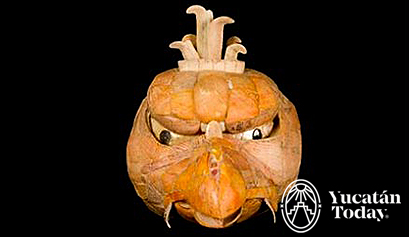
The Maya: Funeral Rituals
Archaeological studies have determined that the Maya practiced both burial and cremation. The varieties of tombs range from simple holes in the...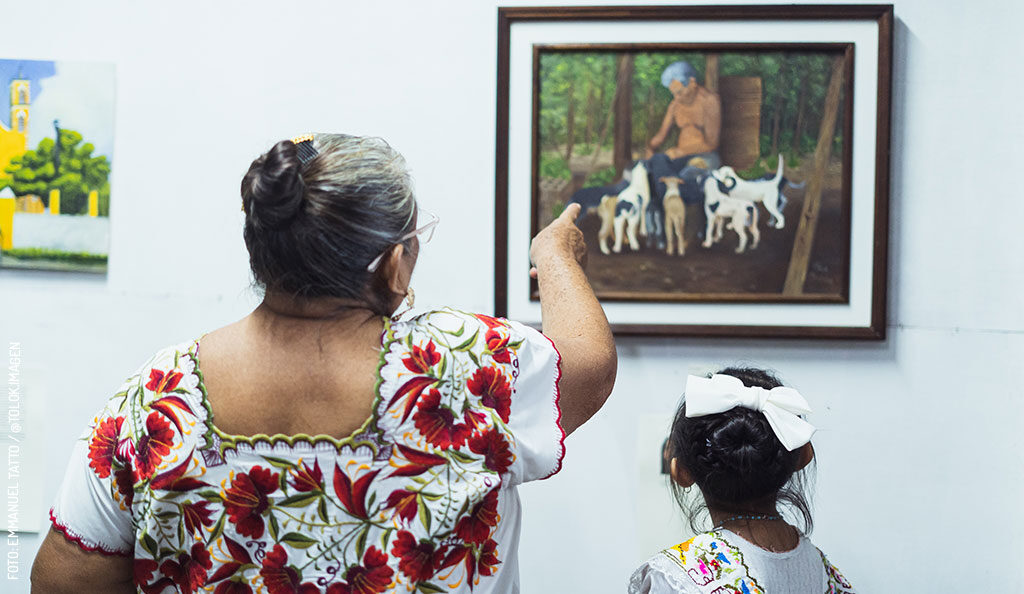
Pueblerinos: Contemporary Rural Art
Pueblerinos is an initiative that emerges from the heart of the state as a bold effort to decentralize contemporary art in the Yucatán Península